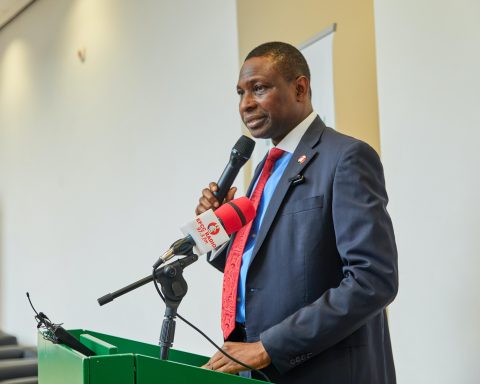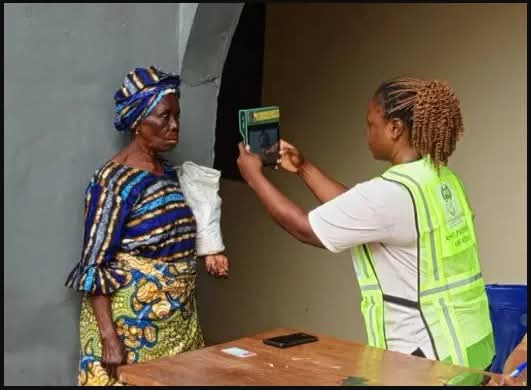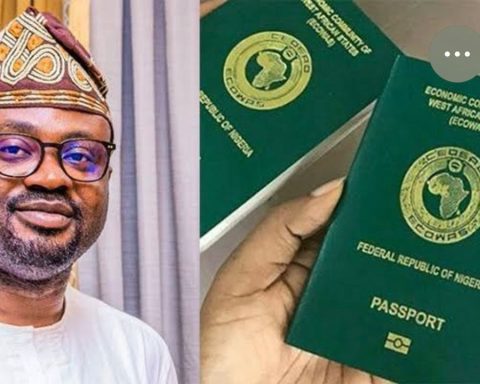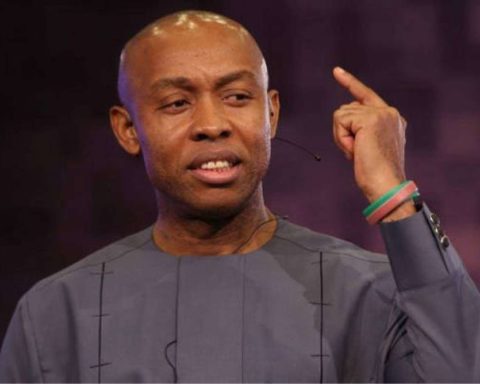Human Rights Watch (HRW) has warned that Kenya’s newly enacted Computer Misuse and Cybercrimes (Amendments) Act, 2025 could criminalise legitimate online expression and expand state powers in ways that undermine constitutional freedoms.
The amendment law, passed by Parliament and signed by President William Ruto on October 15, broadens the scope of the controversial 2018 Act, which already contained provisions against “false” or “fictitious” news and harsh penalties for digital offences. Civil society groups say the new changes deepen earlier flaws and risk being used to silence dissent.
“The amendments to the cybercrime law provide Kenyan authorities with greater power to restrict online speech using overbroad provisions,” said Otsieno Namwaya, Human Rights Watch’s associate Africa director. “Kenya’s Constitution and international human rights standards guarantee the right to freedom of expression, and laws like this undermine that right.”
Join our WhatsApp ChannelREAD ALSO: INTERPOL Arrests Over 1,200 Cybercrime Suspects, Recovers $97.4m Across Africa
Editors Decry Abuse of Cybercrime Act, Demand Focus on Governance
The draft changes were publicly released on August 9, 2024, prompting immediate pushback from digital rights groups. On October 22, 2025, the High Court suspended section 27(1)(b), (c) and (2) of the principal 2018 law after the Kenya Human Rights Commission and other groups filed a constitutional challenge. The suspended clauses criminalise messages deemed “indecent,” “grossly offensive,” or “detrimentally affecting” a person, with penalties of up to 10 years in prison or fines of 20 million Kenyan shillings.
Despite the court’s intervention, other contentious provisions have taken effect. Under Section 3 of the amended law, the National Computer and Cybercrime Coordination Committee (NC4) gains expanded authority to block websites or apps deemed to promote “unlawful activities and religious extremism”. Section 5 also broadens the definition of phishing, raising concerns that innocuous calls or emails, including communications with elected officials, could be criminalised.
Digital rights advocates warn the vague language could expose journalists, activists, and citizens to arbitrary prosecution. Kenyans frequently engage elected leaders through direct calls and emails to support or criticise policies a democratic practice that critics say could now be suppressed.
The new amendments add to long-standing concerns about the cybercrime law. HRW reported in 2019 that several sections of the original Act could stifle online freedoms.
Authorities have previously used the law to target critics, including blogger Bonface Mondi Nyangla and political commentator Maverick Aoko, who were both charged under cyber harassment provisions.
Civil society organisations such as ARTICLE 19, the Kenya ICT Action Network, and the Bloggers Association of Kenya have repeatedly raised alarm about the law’s vague terms and potential for abuse. While some improvements were introduced in the 2025 amendments including new judicial oversight for decisions to block websites critics say the changes fall far short of what is needed.
On October 29, Bloggers Association of Kenya chairperson Kennedy Kachwanya told HRW that the revised law “creates an unacceptable threat to digital rights and freedom of expression,” urging the government to suspend and review the problematic sections.
Across Africa, cybercrime laws have increasingly been used to target journalists and dissenting voices. Nigeria’s Cybercrimes Act, 2015 and Tanzania’s online content regulations have both resulted in arrests and harassment of government critics. HRW said Kenya now risks joining that trend.
Kenya’s Constitution protects freedom of expression under Article 33, and the country is a founding member of the Freedom Online Coalition.
Regional and international human rights frameworks including the African Commission’s principles on freedom of expression and the International Covenant on Civil and Political Rights also prohibit vague laws that unduly restrict speech.
HRW urged Kenyan authorities to subject enforcement of cybercrime laws to strict judicial oversight and to amend or repeal unclear provisions.
“Kenyan authorities should urgently repeal the problematic provisions of the Computer Misuse and Cybercrimes (Amendments) Act, 2025,” Namwaya said. “Parliament should ensure transparent consultations and reflect concerns from civil society, legal experts, and digital rights advocates.”
Amanze Chinonye is a Staff Correspondent at Prime Business Africa, a rising star in the literary world, weaving captivating stories that transport readers to the vibrant landscapes of Nigeria and the rest of Africa. With a unique voice that blends with the newspaper's tradition and style, Chinonye's writing is a masterful exploration of the human condition, delving into themes of identity, culture, and social justice. Through her words, Chinonye paints vivid portraits of everyday African life, from the bustling markets of Nigeria's Lagos to the quiet villages of South Africa's countryside . With a keen eye for detail and a deep understanding of the complexities of Nigerian society, Chinonye's writing is both a testament to the country's rich cultural heritage and a powerful call to action for a brighter future. As a writer, Chinonye is a true storyteller, using her dexterity to educate, inspire, and uplift readers around the world.















